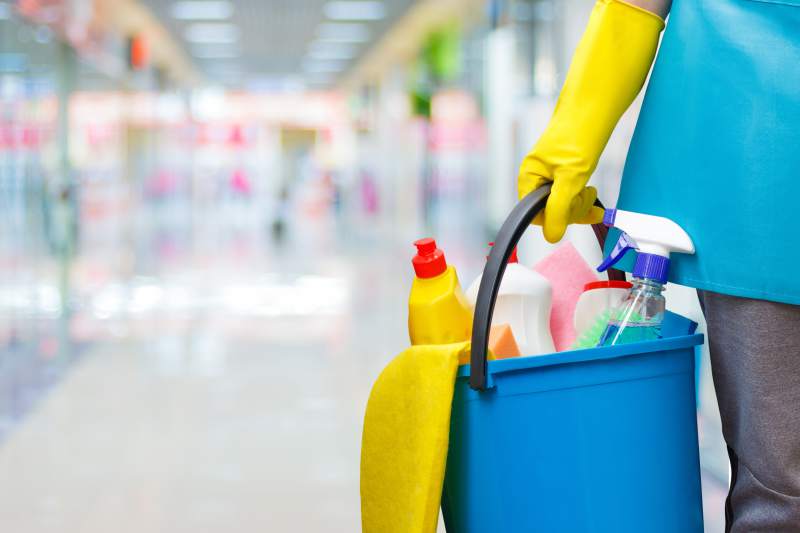Protecting yourself against COVID-19 begins at home. While people are being told to avoid even small gatherings, they also should remain vigilant and
Protecting yourself against COVID-19 begins at home. While people are being told to avoid even small gatherings, they also should remain vigilant and engage in safe practices at home that includes cleaning and disinfecting surfaces and taking extra steps when handling laundry.
Here a few recommendations for households where a member may be suspected or confirmed to have COVID-19. But since the incubation period can be up to two weeks, it may be smart for anyone in a multi-person household to follow safe practices for cleaning and disinfecting at home.
Cleaning refers to removing germs, dirt and impurities from surfaces. Cleaning doesn’t kill germs but lowers their number, reducing the risk of spreading infection. Disinfecting refers to using chemicals to kill germs on surfaces. This does not necessarily mean surfaces are cleaned or germs removed. But risk is lowered by killing germs after cleaning a surface.
— Clean and disinfect daily in high-touch surfaces within common areas. This includes tables, hard-backed chairs, doorknobs, light switches, remote controls, handles, desks, toilets, counters and sinks.
— Clean with household cleaners and registered disinfectants that are appropriate for the surface. Always follow label instructions. Wear gloves and make sure the room is well ventilated.
— Wear disposable gloves when cleaning and disinfecting surfaces and discard them after each cleaning. If reusable gloves are used, they should be dedicated to cleaning and disinfecting for COVID-19 only. Clean hands immediately after removing gloves.
— Clean surfaces with detergent or soap and water prior to disinfecting.
— For disinfection, use diluted household bleach solutions, alcoholic solutions with at least 70% alcohol or common registered household disinfectants. Follow manufacturer’s instructions for application and ventilation. Make sure the product is not past its expiration date. Never mix household bleach with ammonia or any other cleanser. Prepare a bleach solution by mixing 5 tablespoons or 1/3 cup of bleach per gallon of water or 4 tablespoons bleach per quart of water.
— For soft surfaces such as carpets, rugs and drapes, remove any visible contamination and clean with appropriate cleaners. After cleaning launder at warmest appropriate water settings and dry completely.
— If no gloves are used when handling dirty laundry be sure to wash hands afterward.
— Avoid shaking dirty laundry to keep from dispersing virus through the air.
— For all laundry, wash using the warmest possible setting and dry completely.
— Clean and disinfect clothes hampers just as you would other surfaces. Consider using a bag liner that can be tossed or laundered.
Also, practice good hygiene to reduce the risk of becoming infected with a respiratory virus, a symptom of the coronavirus. This includes:
• Washing hands frequently with soap and water for at least 20 seconds
• Avoid touching your eyes and face
• Cough or sneeze into your sleeved elbow
• Stay home when ill
• Get a flu shot, and it’s not too late this season
